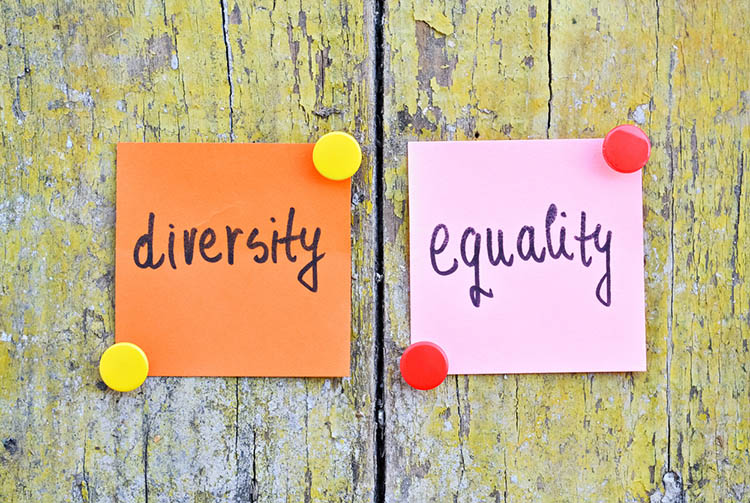A patient needed assistance in the bathroom. An elderly, obese, female with Lupus affecting her legs and hips needed help transferring from her electric wheelchair and some assistance with hygiene and buttoning her pants. It’s something I’ve done a million times and I didn’t think twice about it. What happened later made me think about the differences in cultures between India and the United States and how to approach these differences when they come up with someone in the workplace.
After the job was completed and the patient gone, the episode came up in conversation between the patient’s doctor, who is from India, and myself. While she didn’t exactly dress me down, she was very firm that clinic nurses were not supposed to help patients in the bathroom. She gave me several reasons:
“The patient takes care of herself at home. Why do you need to do it here?”
“If the patient has a caregiver at home, where is the caregiver now?”
“What if you get injured, who is going to take care of you?”
“If you help her in the bathroom this time, she will expect help every time she comes.”
I thought about this conversation for a long time. Without a doubt, I was correct to help the patient. This I know. It’s required by the nursing oath, and it’s required by my own moral code. Why did this doctor see things so differently?
Indian society is rigidly stratified by religious and socioeconomic class. At the bottom are the untouchables who work with waste. This stratification was formalized during British rule with some 60,000 different classifications. With this in mind, I realized that my doctor was actually trying to protect me from performing work outside my caste, which would be degrading to me. From my point of view, all people are created equally. As a nurse, when someone asks for help, I don’t have to decide if that person is worthy of my help or if performing a task is outside of what is permitted by my caste. I just do it.
From the doctor’s point of view, I was performing a task outside of what is permitted by my caste and performing it for a person who is of lower status than myself. I was breaking social norms, degrading myself, and degrading the clinic and other nurses whom she expected would not perform such duties. After doing some thinking, I can now appreciate her point of view, but it is not my point of view. The tricky part is how to address it in the future in a culturally sensitive manner. I don’t want to insult my doctor. She is in a position of power over me. I don’t want to break my nursing oath or my personal moral code to always offer assistance when someone asks. In this case, I’ve decided to simply not bring it up again. I will continue to perform my nursing duties as I always have without mentioning it. I will respect my doctor’s culture by simply avoiding the subject in the future. In a perfect world where I’m king, I would explain to the doctor my point of view and expect her to change her point of view to suit my own. However, the world is not perfect, and I’m not king. So respect, cultural sensitivity, and work relationships will win out over my personal feelings.
- A Letter from the Road: A COVID-19 Crisis Nurse from San Quentin Prison Reports - September 4, 2020
- Home Health in the Time of COVID-19 - July 8, 2020
- An Occupational Health Nurse’s First Day - February 24, 2020



